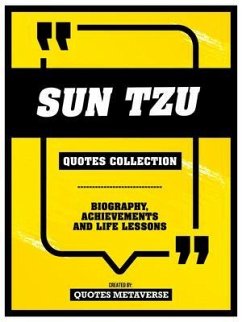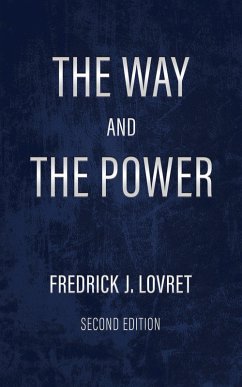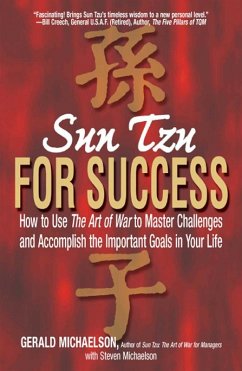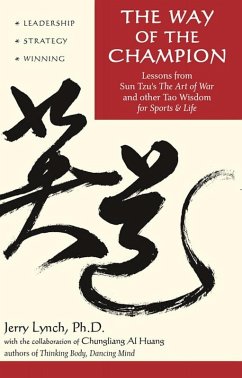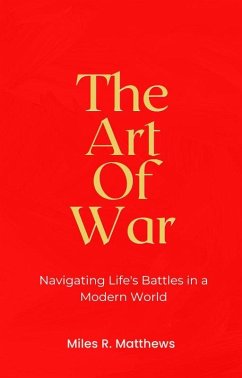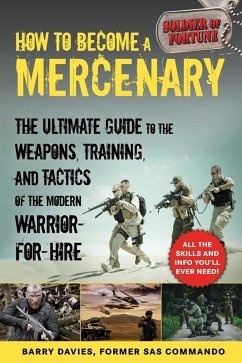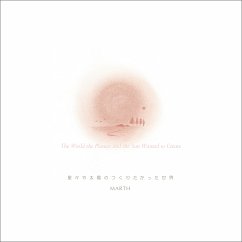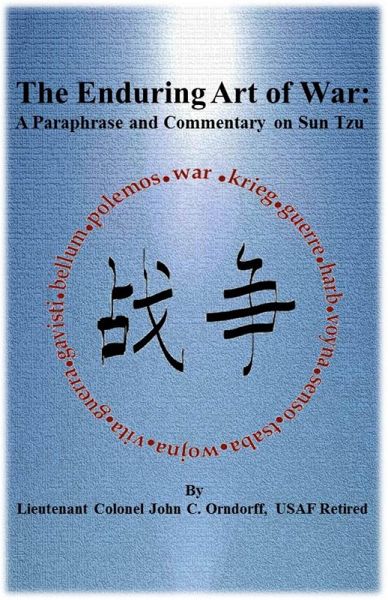
The Enduring Art of War: A Paraphrase and Commentary on Sun Tzu (eBook, ePUB)

PAYBACK Punkte
0 °P sammeln!
It was Leon Trotsky who famously said, "You may not be interested in war, but war is interested in you." Like it or not, war defines our history. Like bookends of humankind's existence, the first recorded battle took place in the 15th century BC at Megiddo, and according to apocalyptic literature, the final battle of history will also be at Megiddo. As we are witnessing worldwide, no one is immune from this scourge. Citizens once thought safe from physical violence in Europe and the United States now feel the impact of a battle that originated half a world away over one thousand years ago. All...
It was Leon Trotsky who famously said, "You may not be interested in war, but war is interested in you." Like it or not, war defines our history. Like bookends of humankind's existence, the first recorded battle took place in the 15th century BC at Megiddo, and according to apocalyptic literature, the final battle of history will also be at Megiddo. As we are witnessing worldwide, no one is immune from this scourge. Citizens once thought safe from physical violence in Europe and the United States now feel the impact of a battle that originated half a world away over one thousand years ago. All of life involves conflict and overcoming challenges of some kind. Just as warfare involves taking calculated chances and seeking opportunities, the same can be said of investing, starting and growing businesses and interpersonal relations. In preparation for many future decisions this process begins with selecting an education and making career decisions. Every aspect of our existence involves choices and decisions. Even so, there is no worldly endeavor more fraught with problem solving than war. In war you can correctly make every decision, and do everything right and still lose. While there are libraries full of treatises on warfare, there is one book in particular that most comprehensively deals with how to succeed in an armed struggle-The Art of War. The Art of War was written over 2,500 years ago, and has endured the ages. Technology and knowledge have changed tremendously since that time. However, human nature and the essential character of war have not changed. The author's observations and advice remain as valid in the 21st Century as it was in 500 BC. Many scholars have voiced their appreciation of the continuing relevancy of Sun Tzu's counsel, and people often pay lip service to his book by quoting various parts, most notably, "know the enemy and know yourself and in 100 battles you will never be in peril." Others have praised The Art of War for its application in all areas of life, most notably the business arena. Still, I personally get the impression few people understand how to apply these principles, and really study how they have played out in history. My goal here is to make this timeless gem understandable for all readers. I have used the original 1910 translation by British scholar, Lionel Giles as the basis for my paraphrase. This particular translation leaves out the ancient commentary found in other versions. By using more modern language and providing a very brief commentary making use of historic examples that should be more familiar, I hope readers will gain a greater understanding of how Sun Tzu's principles work. A book can be written on each principle covered in The Art of War. My objective is not to write a lengthy exposition, but rather provide enough familiarization that the readers can pursue these things further if they are interested. Furthermore, though less than ten percent of the US population serves or ever has served in the armed forces it is important for every citizen to understand the implications of military action. Military action or in some cases the lack there of, in the very least, impact the population in the form of taxes and at worst in loss of the brave youth who have subscribed to the unlimited liability clause, i.e., the willingness to sacrifice their lives for their country. Historically warfare can also spell the destruction of nations and cultures. Thus, it is of the greatest importance that every person is aware of war's enormous cost. As Sun Tzu said in chapter one, "it is of vital importance to the state."
Dieser Download kann aus rechtlichen Gründen nur mit Rechnungsadresse in A, B, CY, CZ, D, DK, EW, E, FIN, F, GR, H, IRL, I, LT, L, LR, M, NL, PL, P, R, S, SLO, SK ausgeliefert werden.




